Home>Gardening & Outdoor>Plant Care & Gardening Tips>How To Cut Back Mums In The Spring
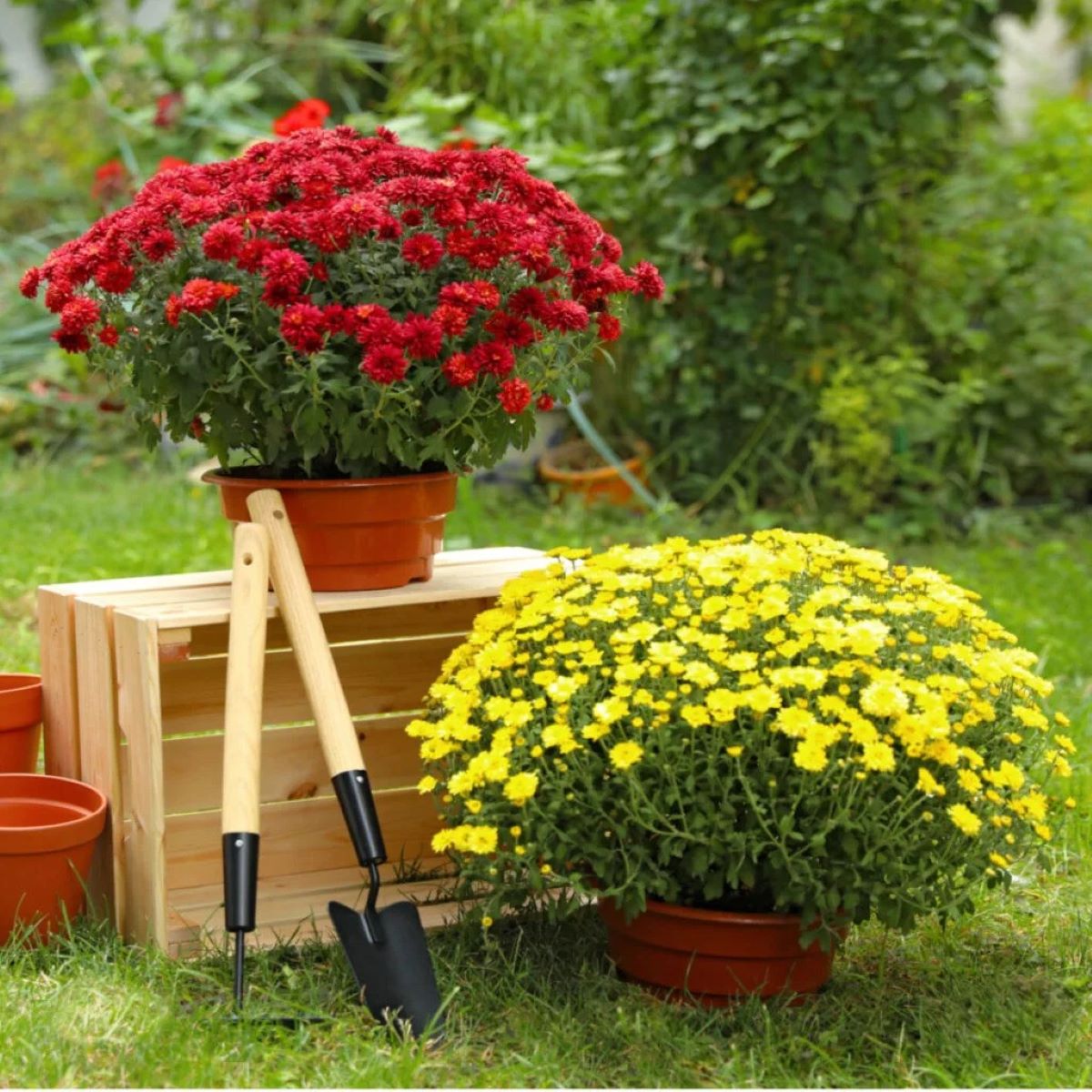

Plant Care & Gardening Tips
How To Cut Back Mums In The Spring
Modified: August 24, 2024
Learn the best plant care and gardening tips for cutting back mums in the spring. Discover expert advice for maintaining healthy and vibrant mum plants.
(Many of the links in this article redirect to a specific reviewed product. Your purchase of these products through affiliate links helps to generate commission for Storables.com, at no extra cost. Learn more)
Introduction
Pruning is an essential practice in maintaining the health and vitality of plants, and mums, also known as chrysanthemums, are no exception. As the spring season ushers in new growth and rejuvenation, it's the perfect time to give your mums the attention they need to flourish. Proper pruning not only promotes a more robust and aesthetically pleasing plant but also encourages prolific blooming in the upcoming season.
In this comprehensive guide, we will delve into the art of cutting back mums in the spring, providing you with the knowledge and techniques necessary to ensure your mums thrive throughout the year. Whether you're a seasoned gardener or just beginning your journey into the world of plant care, understanding the intricacies of pruning mums will empower you to cultivate a stunning and vibrant garden.
By learning the best practices for pruning mums, you'll not only enhance the visual appeal of your garden but also contribute to the overall well-being of these beloved flowering plants. So, let's embark on this horticultural journey together, as we uncover the secrets to successful mum pruning and set the stage for a season filled with abundant blooms and lush foliage.
Key Takeaways:
- Pruning mums in early spring promotes healthy growth and abundant blooms. Use sharp tools, trim dead growth, and shape the plant for a vibrant garden display.
- Timing is crucial for mum pruning. Early spring pruning aligns with plant growth cycles, fostering resilience and vibrant blooms. Remember to promote air circulation and symmetry for optimal results.
Read more: How To Pinch Back Mums
When to Cut Back Mums
Spring is a time of renewal and growth, and it also marks the ideal period for cutting back mums. As the winter frost recedes and the days grow longer, mums begin to emerge from their dormant state, signaling the perfect opportunity to prune and shape these resilient plants. The timing of this task is crucial, as it sets the stage for the mums' growth and blooming patterns throughout the upcoming season.
In the early stages of spring, typically around late March or early April, mums exhibit the first signs of new growth, with tiny green shoots peeking through the soil. This is the prime moment to initiate the pruning process, as the plants are still in the early stages of their growth cycle. By pruning at this juncture, you can effectively manage the shape and size of the mums, ensuring a more compact and robust form as they progress through the season.
It's important to note that cutting back mums too late in the spring can impede their ability to produce an abundance of flowers. Delaying the pruning process may result in leggy, unkempt growth, which can detract from the overall visual appeal of the plants. By adhering to the recommended timeframe for pruning, you can harness the full potential of your mums, encouraging them to develop a profusion of vibrant blooms and lush foliage.
Furthermore, the timing of mum pruning in the spring aligns with the natural growth cycle of the plants, allowing them to recover swiftly from the pruning cuts and redirect their energy towards producing healthy new growth. This synchronization with the plants' biological rhythms enhances the effectiveness of the pruning process, fostering a harmonious balance between plant vigor and aesthetic appeal.
In essence, the spring season, with its promise of rejuvenation and vitality, presents the opportune moment to cut back mums. By seizing this window of time, you can nurture your mums to reach their full potential, setting the stage for a spectacular display of color and beauty in the months to come.
Tools and Materials Needed
When preparing to cut back mums in the spring, it's essential to have the right tools and materials at your disposal. Equipping yourself with the proper implements will not only streamline the pruning process but also ensure that the mums are trimmed with precision and care. Here's a comprehensive list of the tools and materials you'll need to effectively prune your mums:
Pruning Shears:
Invest in a high-quality pair of pruning shears specifically designed for cutting through woody stems and branches. Look for shears with sharp, bypass blades that provide clean cuts without causing unnecessary damage to the plant tissue.
Gloves:
A sturdy pair of gardening gloves is indispensable when working with mums. Opt for gloves that offer protection against thorns and sharp edges, while still allowing for dexterity and ease of movement.
Read more: How To Bring Mums Back To Life
Hand Pruners:
In addition to pruning shears, having a pair of hand pruners is advantageous for delicately trimming smaller stems and foliage. Choose hand pruners with a comfortable grip and a sharp cutting blade for precise and effortless pruning.
Clean Cloth or Towel:
Keeping a clean cloth or towel on hand is essential for wiping down the blades of your pruning tools between cuts. This practice helps prevent the spread of diseases and ensures that each cut is made with sanitized equipment.
Disinfectant Solution:
Prepare a mild disinfectant solution, such as a mixture of water and rubbing alcohol, to sterilize your pruning tools before and after use. This precautionary measure minimizes the risk of transmitting diseases or pathogens from one plant to another.
Container for Debris:
Having a container or garden bag nearby for collecting the pruned branches and foliage is essential for maintaining a tidy workspace. This facilitates easy cleanup and ensures that the garden remains neat and organized throughout the pruning process.
Read more: How To Cut Back Thyme
Protective Eyewear:
While pruning mums, it's advisable to wear protective eyewear to shield your eyes from any debris or small particles that may be dislodged during the cutting process. Safety glasses or goggles provide an extra layer of protection, especially when working with larger or denser plants.
Optional: Pruning Saw:
For mature mums with thicker or more substantial branches, a pruning saw may be necessary to make clean and efficient cuts. A pruning saw with a sharp, serrated blade can tackle tougher pruning tasks with ease.
By assembling these essential tools and materials, you'll be well-equipped to embark on the pruning journey, ensuring that your mums receive the meticulous care and attention they deserve. With the right implements at your disposal, you can approach the pruning process with confidence and precision, setting the stage for healthy and flourishing mums in the seasons ahead.
Step-by-Step Guide to Cutting Back Mums
-
Assess the Growth: Begin by carefully examining the overall growth of the mums. Identify any dead or damaged stems, as well as areas of dense or overcrowded growth that may impede airflow and sunlight penetration. This initial assessment will guide your pruning strategy and help determine the extent of trimming required.
-
Prepare the Tools: Ensure that your pruning shears, hand pruners, and any other necessary tools are clean, sharp, and ready for use. Wipe the blades with a disinfectant solution to minimize the risk of spreading diseases between plants.
-
Identify the Nodes: Locate the nodes, which are the points on the stems where leaves emerge. Aim to make your cuts just above a set of healthy, outward-facing nodes to encourage new growth and a fuller, more compact plant shape.
-
Remove Dead Growth: Carefully trim away any dead or withered stems, cutting them back to the base of the plant. This helps eliminate potential sources of disease and allows the mums to direct their energy towards healthy growth.
-
Thin Out Overcrowded Stems: Identify areas where the stems are densely packed or crossing over each other. Using your pruning shears, selectively remove some of the excess stems to improve airflow and light penetration within the plant. This thinning process promotes better circulation and reduces the risk of disease.
-
Shape the Plant: To maintain a balanced and aesthetically pleasing form, trim the outermost stems to encourage a more compact and uniform appearance. Be mindful of the natural shape of the mums and aim for a symmetrical silhouette.
-
Prune Leggy Growth: If certain stems have become excessively long or leggy, trim them back to a desirable length, taking care to make clean, angled cuts. This helps prevent the mums from appearing straggly and encourages a more robust and bushy growth habit.
-
Clean Up Debris: As you progress through the pruning process, periodically collect and dispose of the pruned branches and foliage in your designated container. Maintaining a tidy workspace ensures that the garden remains neat and organized.
-
Inspect and Adjust: After completing the initial pruning, step back and assess the overall appearance of the mums. Make any final adjustments as needed, ensuring that the plant retains a balanced and well-proportioned structure.
-
Water and Nourish: Following the pruning session, provide the mums with a thorough watering to support their recovery and stimulate new growth. Consider applying a balanced fertilizer to replenish essential nutrients and fortify the plants for the upcoming growing season.
By following this step-by-step guide, you can confidently navigate the process of cutting back mums in the spring, empowering your plants to thrive and flourish. With precision and care, you'll sculpt your mums into stunning focal points within your garden, setting the stage for a season brimming with vibrant blooms and lush, healthy foliage.
Tips for Successful Pruning
Successful pruning is not only about the physical act of cutting back the plant but also involves a thoughtful approach that considers the specific needs of the mums. Here are some valuable tips to ensure that your pruning endeavors yield optimal results:
-
Timing is Key: As mentioned earlier, timing plays a crucial role in the success of mum pruning. By conducting the pruning process in the early stages of spring, you align with the natural growth cycle of the plants, allowing them to rebound swiftly and channel their energy into producing healthy new growth. Avoid delaying the pruning process, as it may hinder the mums' ability to generate an abundance of flowers.
-
Precision Cutting: When making pruning cuts, aim for precision and accuracy. Use sharp, clean pruning shears to create clean cuts just above a set of healthy nodes. This meticulous approach minimizes the risk of causing unnecessary damage to the plant and promotes the development of new growth at the pruning sites.
-
Promote Air Circulation: Pruning mums offers an opportunity to enhance air circulation within the plant, which is essential for preventing the onset of fungal diseases. By selectively thinning out overcrowded stems and removing any tangled or dense growth, you create a more open and breathable environment for the mums, reducing the risk of moisture-related issues.
-
Observe Symmetry: While shaping the mums, strive for a balanced and symmetrical appearance. This not only contributes to the aesthetic appeal of the plants but also ensures that they maintain a healthy and vigorous growth habit. Aim to create a harmonious silhouette that complements the overall design of your garden.
-
Regular Maintenance: Incorporate regular pruning into your gardening routine to keep the mums in optimal condition. By periodically inspecting the plants for dead or damaged growth and addressing these issues promptly, you can prevent the accumulation of unhealthy plant material and maintain the overall vitality of the mums.
-
Post-Pruning Care: Following the pruning session, provide the mums with adequate water and nourishment to support their recovery. Additionally, monitor the plants for any signs of stress or disease in the days following the pruning, and take appropriate measures to address any issues that may arise.
By adhering to these tips for successful pruning, you can elevate your gardening practices and empower your mums to thrive and flourish. With a blend of precision, care, and attentiveness to the plants' needs, you'll set the stage for a season filled with abundant blooms and healthy, vibrant foliage.
Read more: How To Cut Backing For A Quilt
Conclusion
As we draw the pruning shears to a close and reflect on the art of cutting back mums in the spring, it becomes evident that this horticultural practice is not merely a chore but a transformative act of nurturing and rejuvenation. The journey of pruning mums is a harmonious dance between precision and intuition, where each carefully crafted cut paves the way for a season brimming with vitality and beauty.
By embracing the opportune moment of early spring to prune mums, gardeners embark on a journey that transcends mere maintenance and delves into the realm of plant stewardship. The act of assessing the mums' growth, delicately shaping their form, and fostering an environment conducive to healthy development embodies a profound connection with nature's rhythms.
Through the lens of pruning, we witness the resilience of mums as they respond to our attentive care, unfurling delicate new growth and preparing to adorn the garden with a kaleidoscope of hues. The timing of this practice aligns with the plants' natural cycles, allowing them to rebound swiftly and channel their energy into producing an abundance of vibrant blooms.
As the last traces of winter yield to the burgeoning life of spring, the pruning process symbolizes a transition from dormancy to exuberance, mirroring the renewal and growth that permeate the natural world. It is a testament to the transformative power of nurturing, as each precise cut fosters the mums' potential to flourish and thrive in the upcoming season.
In essence, the art of cutting back mums in the spring transcends the realm of gardening and emerges as a profound expression of stewardship and reverence for the intricate tapestry of life. It is a testament to the enduring bond between humans and the natural world, where our actions as caretakers resonate with the rhythms of growth and renewal.
As we bid adieu to the pruning session, we carry with us the knowledge that our efforts have set the stage for a season adorned with the resplendent beauty of mums in full bloom. The symphony of colors and the lush foliage that will grace our gardens stand as a testament to the transformative power of pruning, a timeless practice that nurtures not only the mums but also our connection to the ever-unfolding wonders of nature.
Frequently Asked Questions about How To Cut Back Mums In The Spring
Was this page helpful?
At Storables.com, we guarantee accurate and reliable information. Our content, validated by Expert Board Contributors, is crafted following stringent Editorial Policies. We're committed to providing you with well-researched, expert-backed insights for all your informational needs.
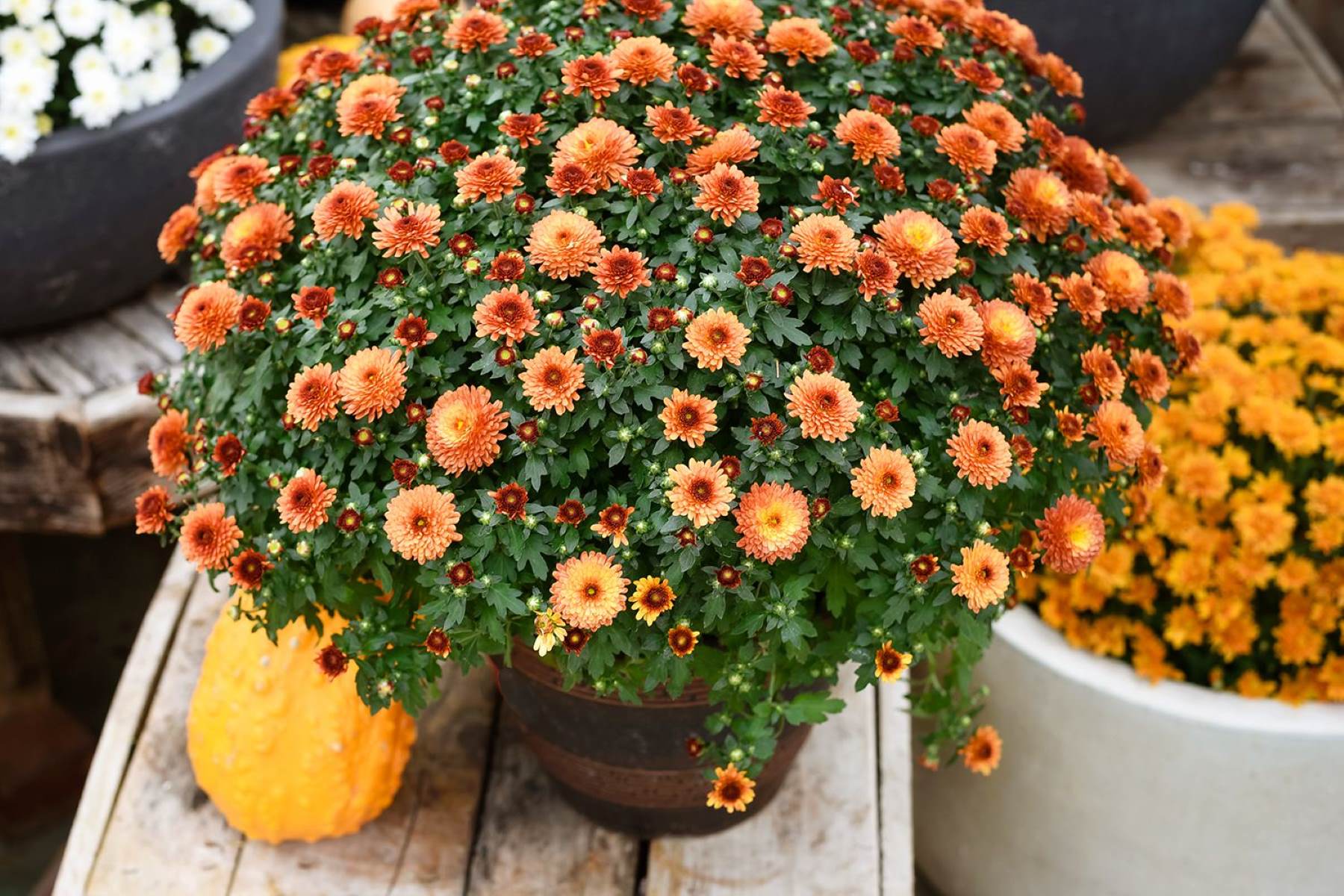
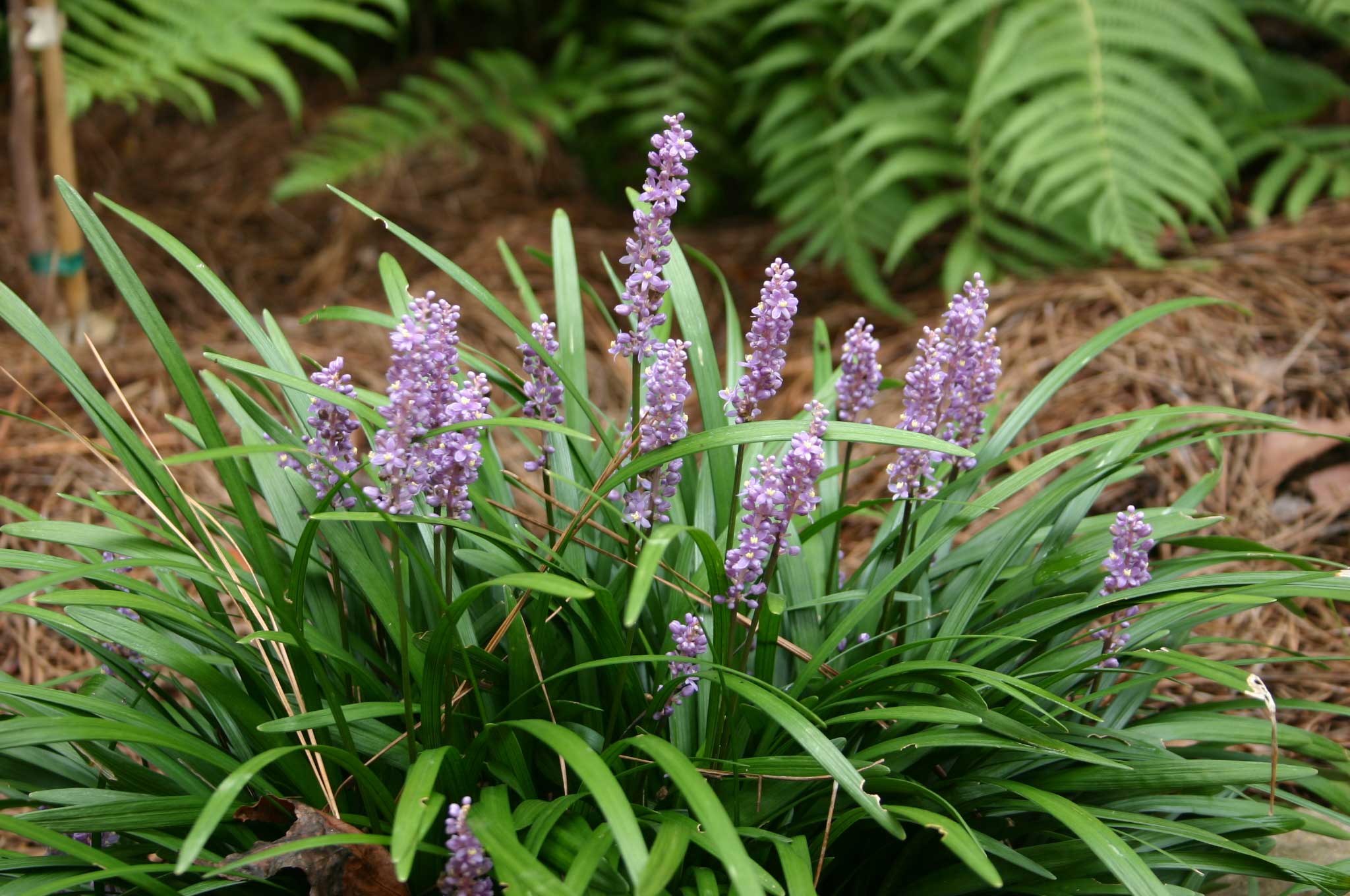
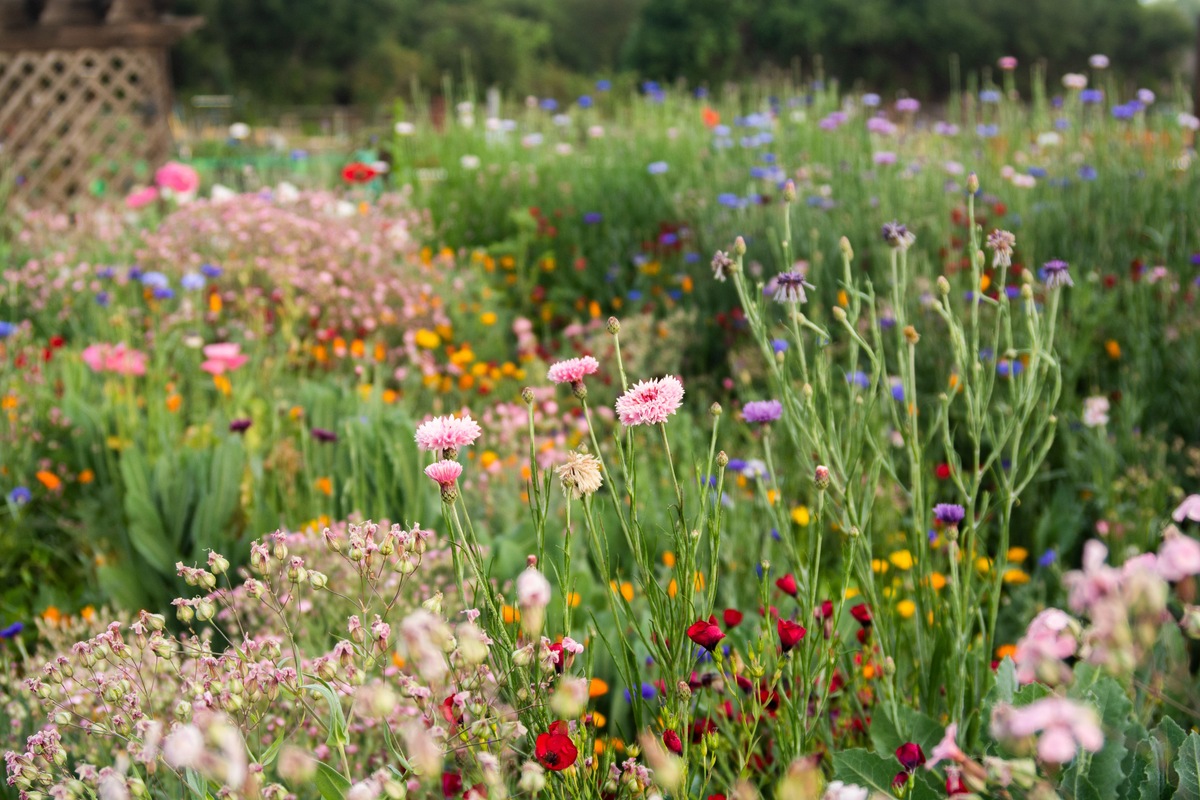
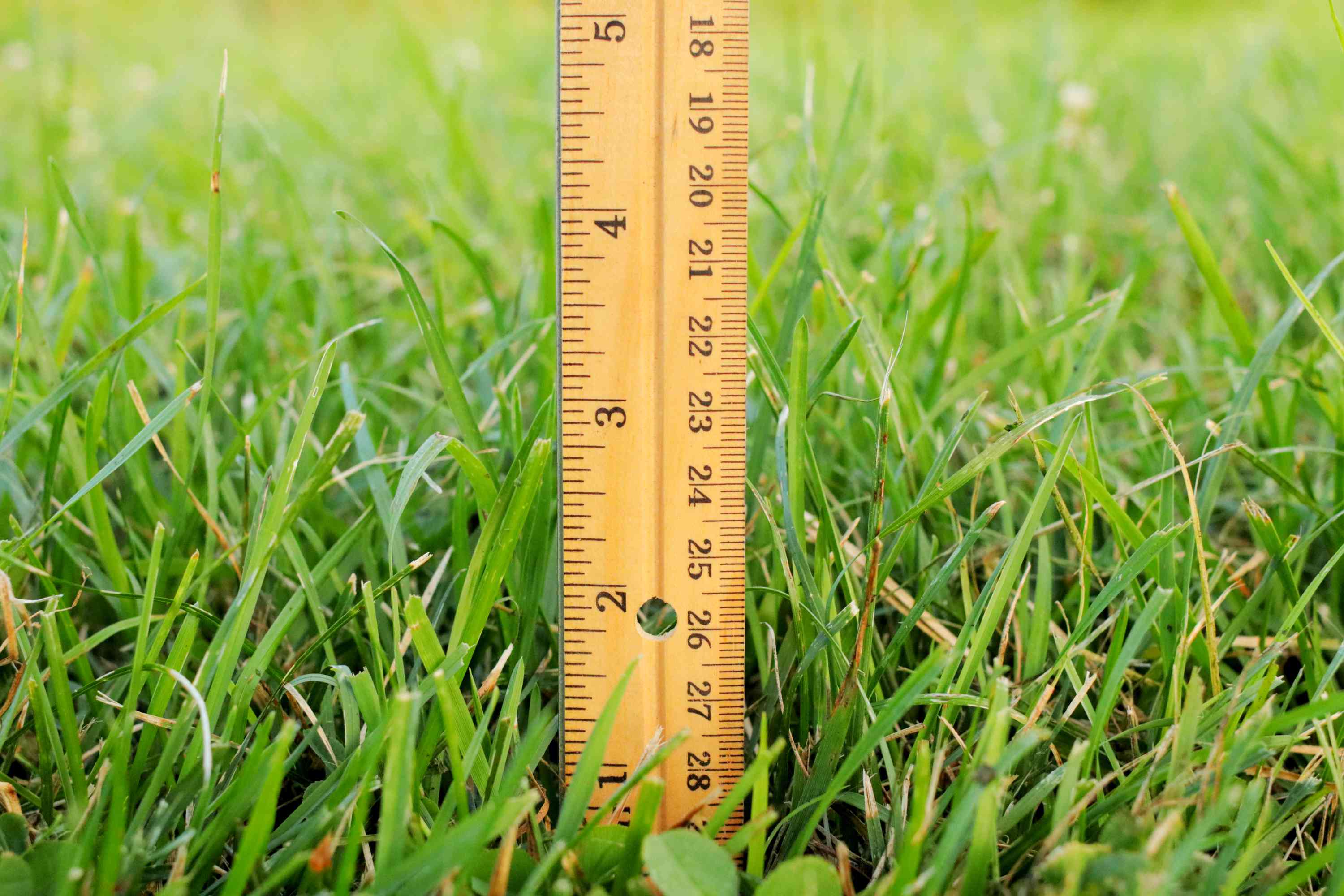
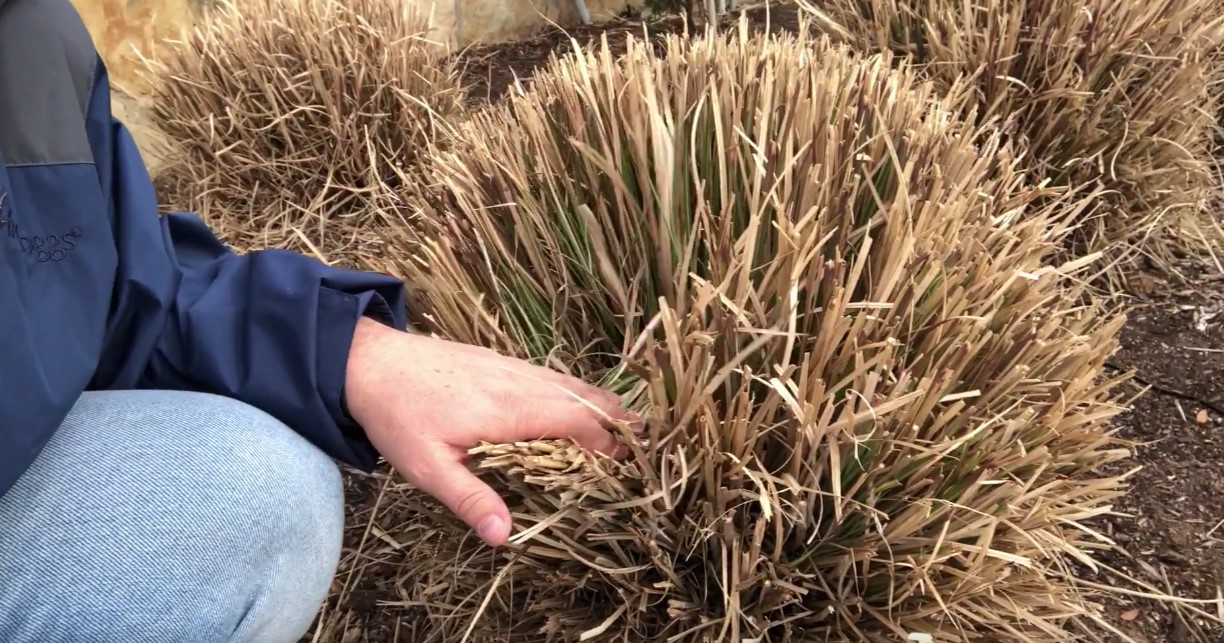

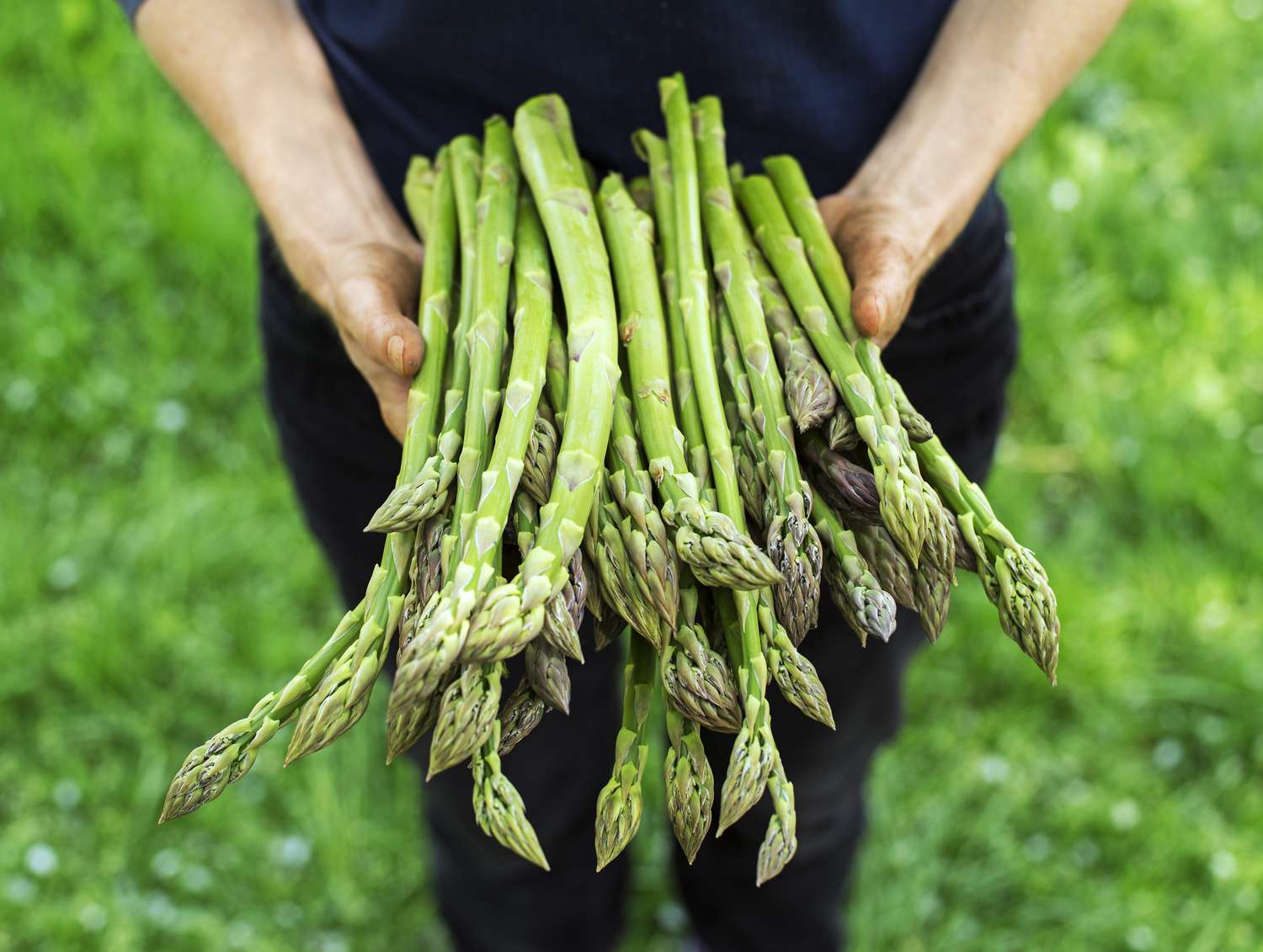

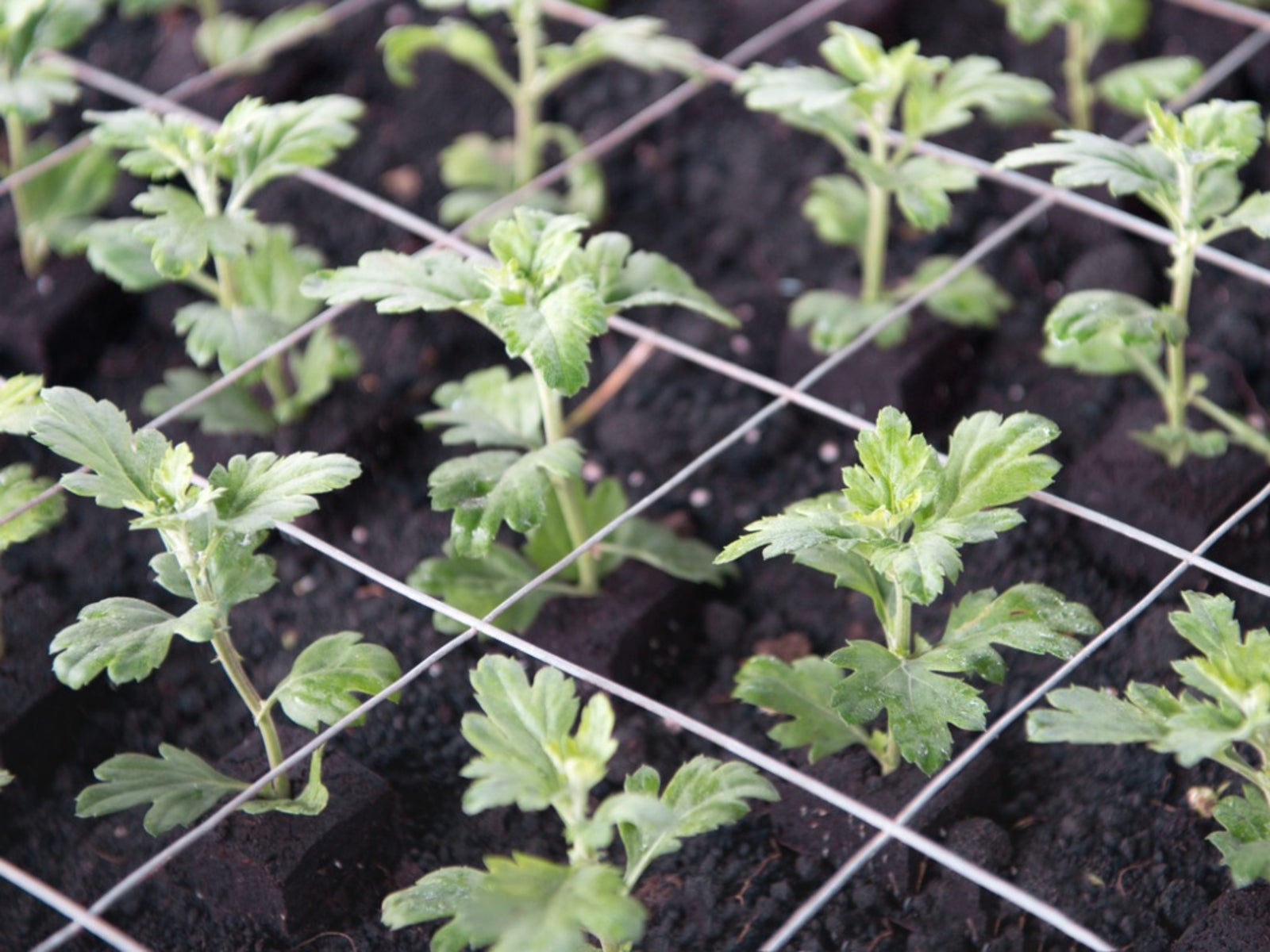
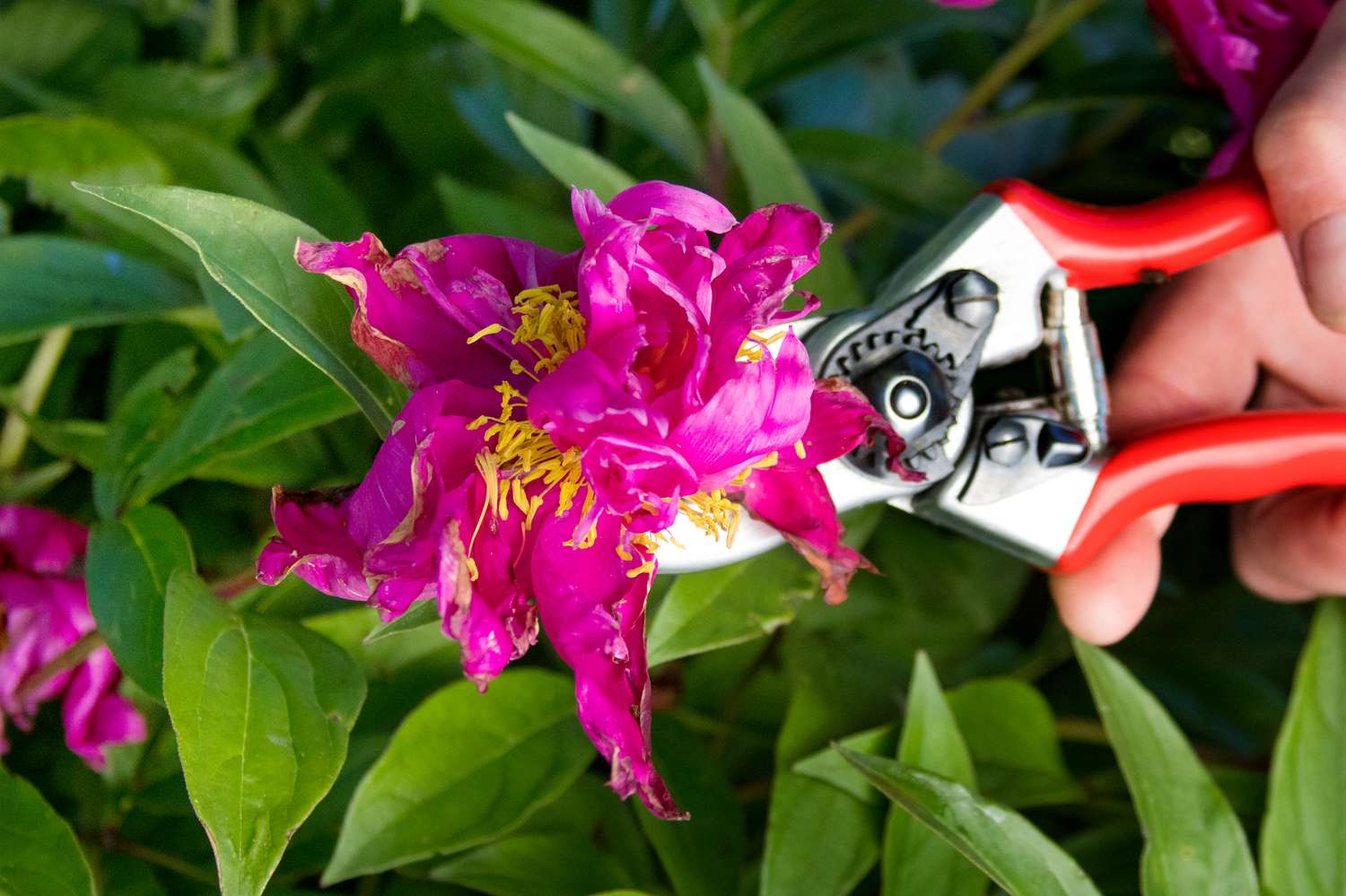
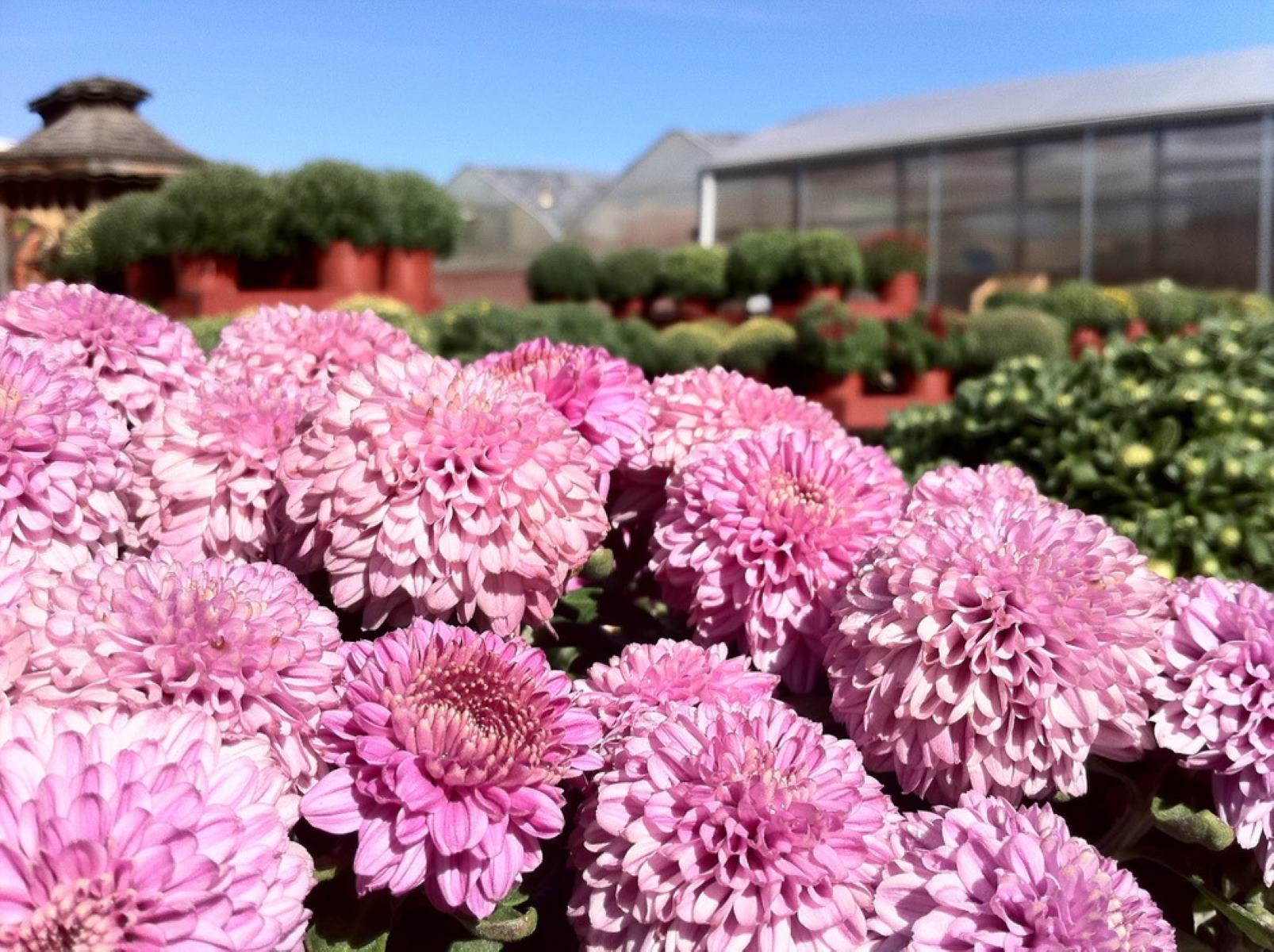
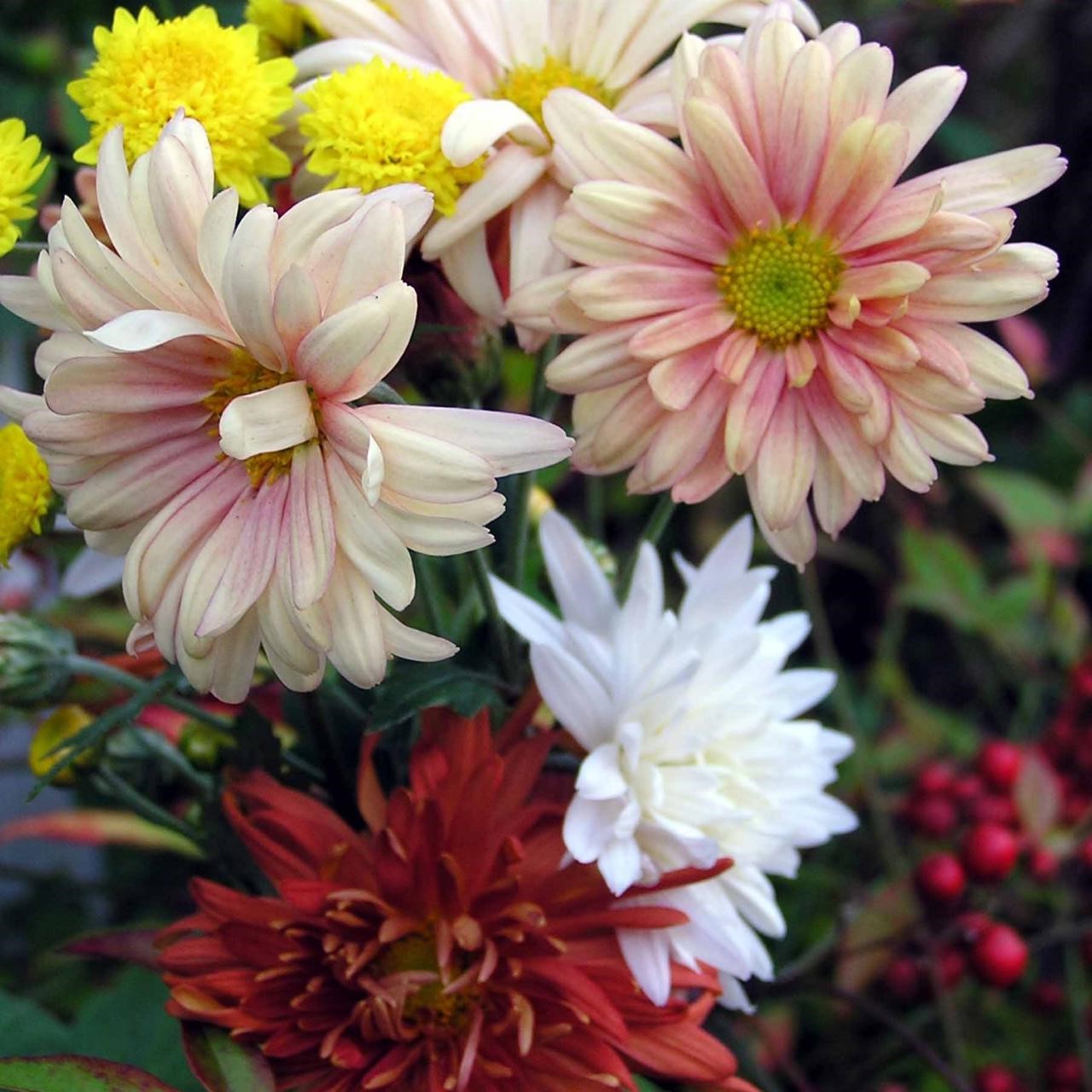

0 thoughts on “How To Cut Back Mums In The Spring”